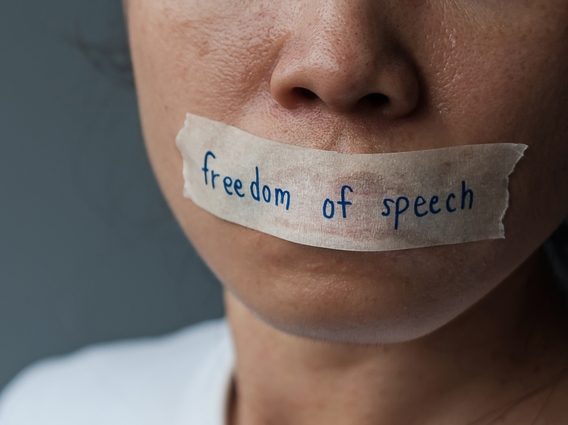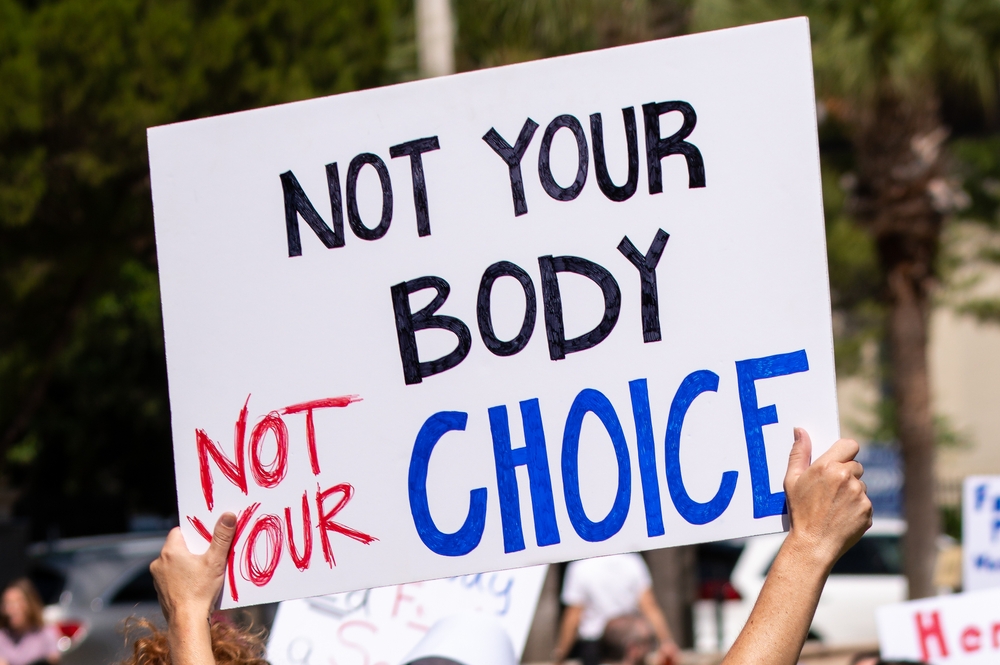The Trump Administration is a new era for America, but could it be a decline? Many parts of American well-being have been put in jeopardy or threatened in recent months. This includes a huge threat to higher education in the form of silencing and disabling.
As President Trump has begun to change America, one of the most notable actions he has taken is defunding many colleges and universities. This started with Columbia University, and has quickly spread to many other schools. His main reasoning for this is that it will prevent as much antisemitism on campus, but it also gives the government more control over the general institution.
These antisemitic narratives stem from the protests about the war in Gaza. While it is, or at least should be, a universally agreed on idea that antisemitism shouldn’t have a place anywhere, some people think the way that the situation is being addressed, through defunding, isn’t the best way to fix the problem.
“As much as I think doing something about anti semitic behavior in universities is good, I don’t think taking away all federal funds to a university is the solution,” Orli Dinour, a Montclair High School freshman, said.
This begs the question of one of the main flaws in the Trump administration: Are good intentions being mired with poor execution? We have seen this many times in the past five months and it has caused many issues and controversies for the White House.
“People might start to think colleges care more about politics than education,” Dinor said. The defunding of higher education research grants is changing the perception of college as a whole for many individuals.
Not only are those grants crucial to research and sciences, but they also represent the excellence of many colleges and universities. Without funding, that research and innovation could entirely, and has in some schools, come to a halt.
However, some schools have begun to fight back. It’s just a matter of how long that could take and how much it would cost to get that funding back.
“The only way would be a lawsuit. And it’s kind of this existential question for universities. Basically, can I survive financially right now if I put up a legal fight? Because a lawsuit could take a long time, and even then, there’s a risk that this whole thing could backfire for them. OK, maybe they get their current grant money unfrozen, but what about future grants from the federal government? Are those at risk?” Eliza Nadworny responded in an NPR radio interview on April 10.
Essentially, these schools have to consider whether or not it is worth it to fight back. The issue many institutions are faced with is that a lot of the defunding has been justified by alleged civil rights violations against Jewish students on campus.
“The cuts are part of an effort by the Trump administration to use government funding to force colleges and universities to comply with the president’s political agenda,” Michael Martin, a radio host at NPR, said.
Whether or not President Trump purely wants to protect Jewish students remains a mystery. The issue is so complicated because preventing dangerous situations for those students could be considered a tangible reason for the defunding, even if it might not exactly be the right plan.
One thing about President Trump is very clear: You can never truly tell what he might do and what his reasons are for doing those things.
As a country, the thing we should be most concerned about should always be the wellbeing of others, especially the future of our country, the people learning at these institutions. Whether that means protecting free speech or protecting Jewish students against anti semitism, we must stay sensible, moral and most importantly find a way for those two protections to coexist.













